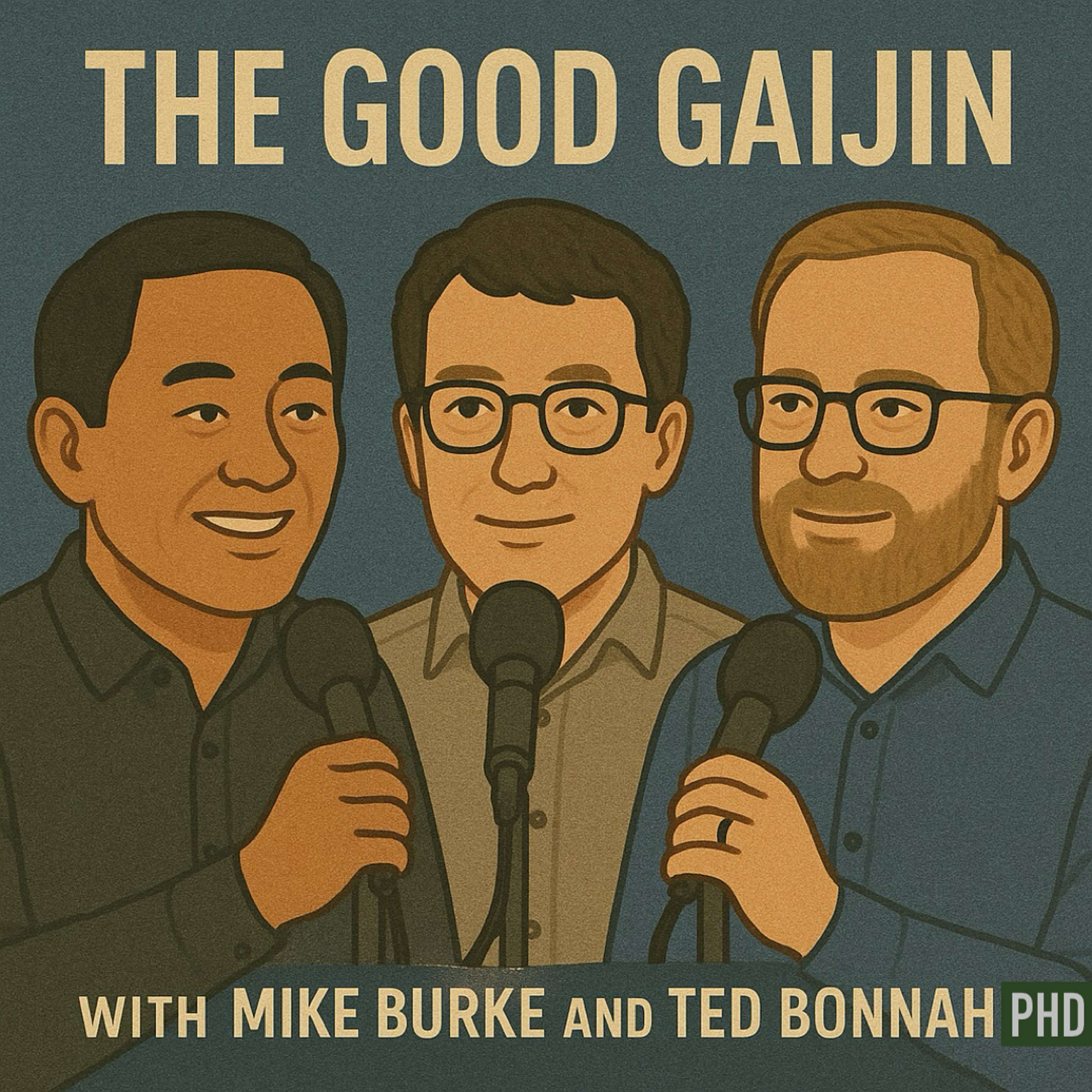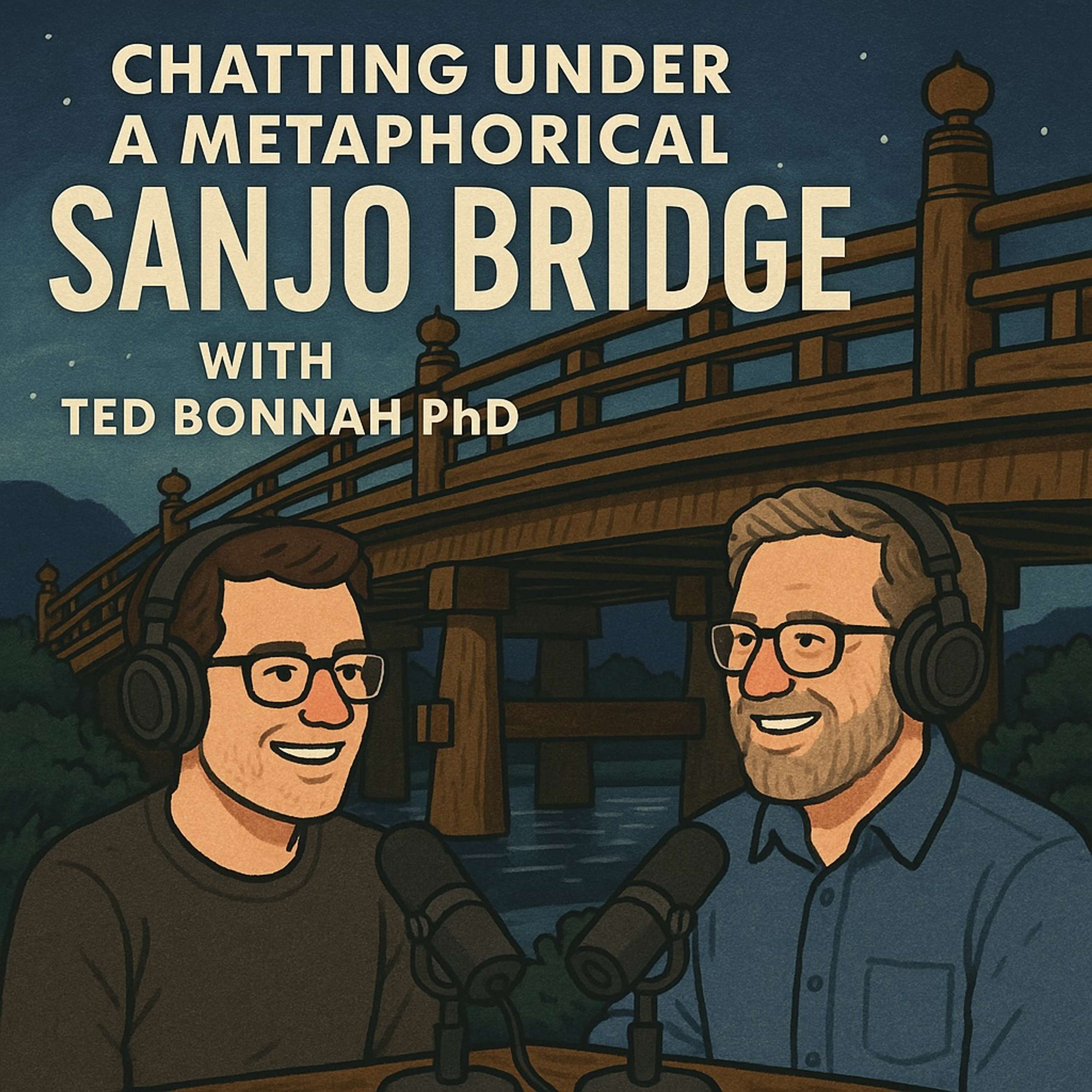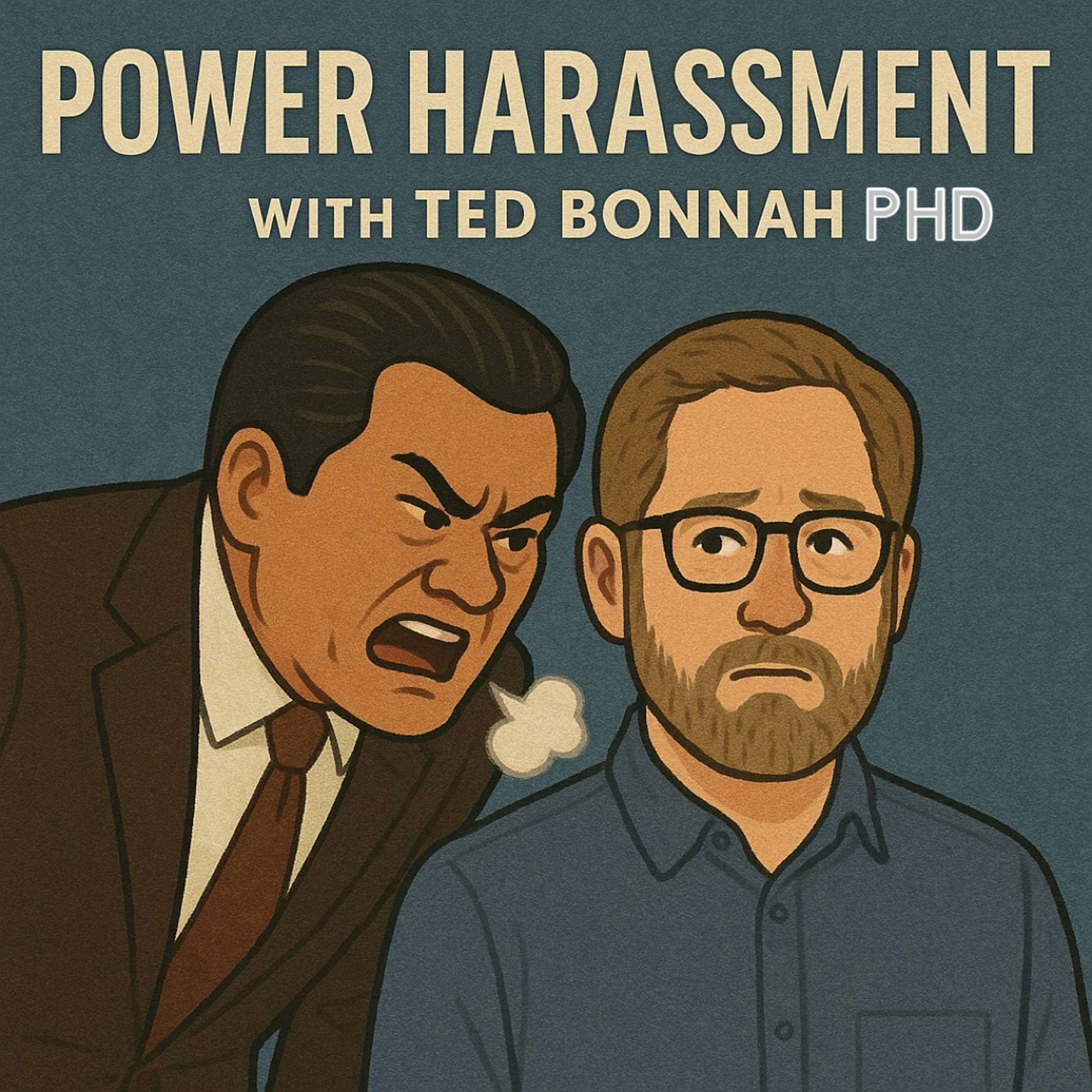My guest is Dr. Marc Berman, PhD, a professor of psychology at the University of Chicago whose research explores how different physical environments—particularly nature and patterns found in nature—can positively impact our ability to focus, our cognitive performance and our mental and physical health. We discuss how our physical environment influences our attention, stress levels and brain and heart health. He explains how even brief periods in nature and exposure to natural images and sounds can restore and improve attentional capacity, reduce mental fatigue and help combat rumination and depression. Whether you live in a city, suburb or rural area, this episode offers simple science-backed strategies for incorporating nature and natural elements into your daily life to positively transform your cognitive ability and mental and physical health.
Read the episode show notes at hubermanlab.com.
Thank you to our sponsors
AG1: https://drinkag1.com/huberman
Helix Sleep: https://helixsleep.com/huberman
BetterHelp: https://betterhelp.com/huberman
Our Place: https://fromourplace.com/huberman
LMNT: https://drinklmnt.com/huberman
Timestamps
00:00:00 Marc Berman
00:02:14 Direct vs Involuntary Attention, Mental Fatigue, Attention Restoration Theory
00:06:59 Attention Fatigue, Focus & Vision, Tool: Restoring Attention in Nature
00:11:26 Sponsors: Helix Sleep & BetterHelp
00:13:50 Focused Work, Tool: Pre-Work Nature Breaks to Enhance Focus
00:15:54 Nature Walks & Cognitive Benefits, Comparing Nature vs Urban Environments
00:21:31 Nature, “Softly Fascinating Stimulation”, Fractals
00:27:12 Nature Images & Sounds, Cognitive Benefits
00:30:03 Urban vs Nature Images, Complexity & Image Compression; Semantics
00:40:44 Time Perception & Nature; Art Galleries
00:45:32 Tools: Resetting Attention & Nature Break; Features of a Restorative Nature Environments vs Focused Workspace; Length of Time in Nature
00:52:47 Sponsors: AG1 & Our Place
00:55:59 Nature, Time & Widening Attention; Fractals & Nature
01:02:21 Nature vs Urban Environments & Brain, Social Media & Attention
01:09:44 Depression & Rumination, Mental Well-Being, Attention & Nature
01:14:56 Sleep vs Wakefulness; Protecting Attention, Social Media
01:24:44 Sponsor: LMNT
01:26:19 Impulsivity, Texting & Attention, Meditation vs Nature Restoration
01:33:10 Passive Restorative vs Passive Depleting Activities, “Mental Obesity”, Shrinking Attention Span
01:37:31 Kids, Phones, Tool: Nature Free Play; Social Happy Hour, Tool: Solitary Nature Breaks
01:45:30 Physical Health Benefits of Nature, Trees & Indoor Greenery; Aquariums
01:53:26 Thoughts, Feelings & Physical Spaces, Biophilic Design, Bringing Nature Indoors
02:01:03 Nature Breaks, Incorporating Nature into Schools, Work, Home & Cities; Forest Bathing
02:09:18 Zero-Cost Support, YouTube, Spotify & Apple Follow & Reviews, Sponsors, YouTube Feedback, Protocols Book, Social Media, Neural Network Newsletter
Disclaimer & Disclosures
Learn more about your ad choices. Visit megaphone.fm/adchoices



















